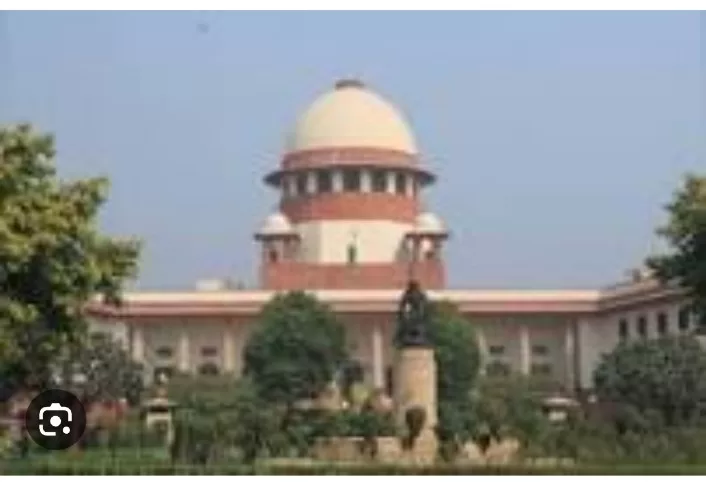The Supreme Court of India has declined the Indian government’s request to postpone the hearing related to the challenge against the sedition law. This decision was made despite the consideration of the Bharatiya Nyaya Sanhita by a standing committee.
During the hearing, Chief Justice of India (CJI) DY Chandrachud, leading the bench, emphasized that the new law would not impact the constitutional validity of Section 124A IPC. This is because penal laws have only prospective effects and do not apply retrospectively.
The Supreme Court has directed that the matter of reconsidering Kedarnath Nath Singh’s judgment be listed before a bench consisting of at least five judges.
Home Minister Amit Shah introduced the Bharatiya Nyaya Sanhita Bill in the Lok Sabha on the final day of the Monsoon Session. Under this bill, the offense of sedition, as outlined in Section 124A of the IPC, will be replaced by Section 150 of the new Bill. The existing sedition law allowed for the punishment of those found guilty with imprisonment for life and additional fines.
Section 150 of the new law describes the offense as “endangering sovereignty, unity, and integrity of India” instead of using the term sedition. The bill is now set for further scrutiny by a Parliamentary panel.
The section reads: “Whoever, purposely or knowingly, by words, either spoken or written, or by signs, or by visible representation, or by electronic communication or by the use of financial means, or otherwise, excites or attempts to excite secession or armed rebellion or subversive activities…”
Section 150 is followed by an additional segment, Section 151, which seeks to punish individuals who ‘wage war against the Government of any foreign State at peace with the Government of India’ or abet such efforts.
Source Bar and Bench




